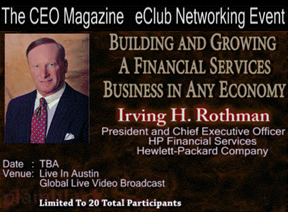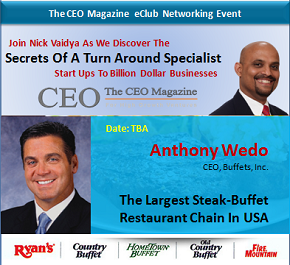You are here
- Guest Blogger |
- Leadership - Management |
- Tue, 08/02/2016 - 20:33

John F Dowling
According to Susan Krause Whitbourne, Ph.D. “It is a well – known principle in social psychology that people define themselves in terms of social groupings and are quick to denigrate others who don’t fit into those groups. Others who share our particular qualities are in our ‘in-group’ and those who do not are in out-group.” Unfortunately, this principle can manifest itself in how we treat our subordinates at work. This concept was first brought to my attention during a Leadership Program at Rice University by D. Brent Smith, Ph. D. Dr. Smith shared that we all do it some degree. Sometimes the groupings are based on work performance, but most follow the definition of the principle, we keep close those who are like us and keep away those who are not.
This concept can become damaging to the performance of others and truly the antithesis of leadership. Think about it, do we allocate support to those subordinates based on their likeness to us? Do we provide career assistance to those in our in-group and let the out-group fend for themselves? When we receive a call or voicemail or email from an out-group person, do we respond as quickly as if it were from someone in in our in-group?
Leadership is about gaining commitment and not compliance. Commitment is achieved through developing relationships and trust. How is that relationship going with the subordinate we are ignoring? We all fall victim to this concept. It is a natural occurrence to associate with those similar to us. It’s natural, it’s easy, but it’s wrong if those associations and non-associations cloud the treatment of our employees. We all had ‘that boss’ before. You know, the boss from hell. Guess which group we were in to him? Here are three ways to fix our out-group situation, so we don’t become ‘that boss.’
- Write down the names of all your subordinates. Honestly group them by “IN” and “OUT”. Now write down why they are categorized as such.
- If the out-group members are based on personality, then figure out a way to improve your communications with them. It’s on us, not them.
- If the out-group members are based on performance, then figure out a way to help them perform better.
Good leaders are characterized by others as fair and trusting. Let’s work on our out-groups to maintain that level of fairness and trust.
About the Author
John F Dowling has a passion for leadership, strategic management and sales. For over 20 years, he has worked for fortune 500 companies including Molex, Ametek and Litton, as well as small businesses. He was Founder & President of Gloria Dunne Cosmetics and served corporate roles of National Sales Manager, Regional Sales Manager and Global Account Sales.
John has a Graduate Certificate in Leadership from Rice University, an Executive MBA from University of New Haven and a Bachelor of Science in Marketing from Penn State. His hobbies are tennis, fitness, travel, history, college football and writing.
Follow The Blog
Blog Categories
- Business Ops. (45)
- Editors (3)
- Entrepreneurship (196)
- Finance (25)
- Leadership (529)
Blog Authors
- Guest Blogger (835)
- Cynthia Kay (92)
- Linda Henman (78)
- Dianna Booher (46)
- Craig Ross (31)













